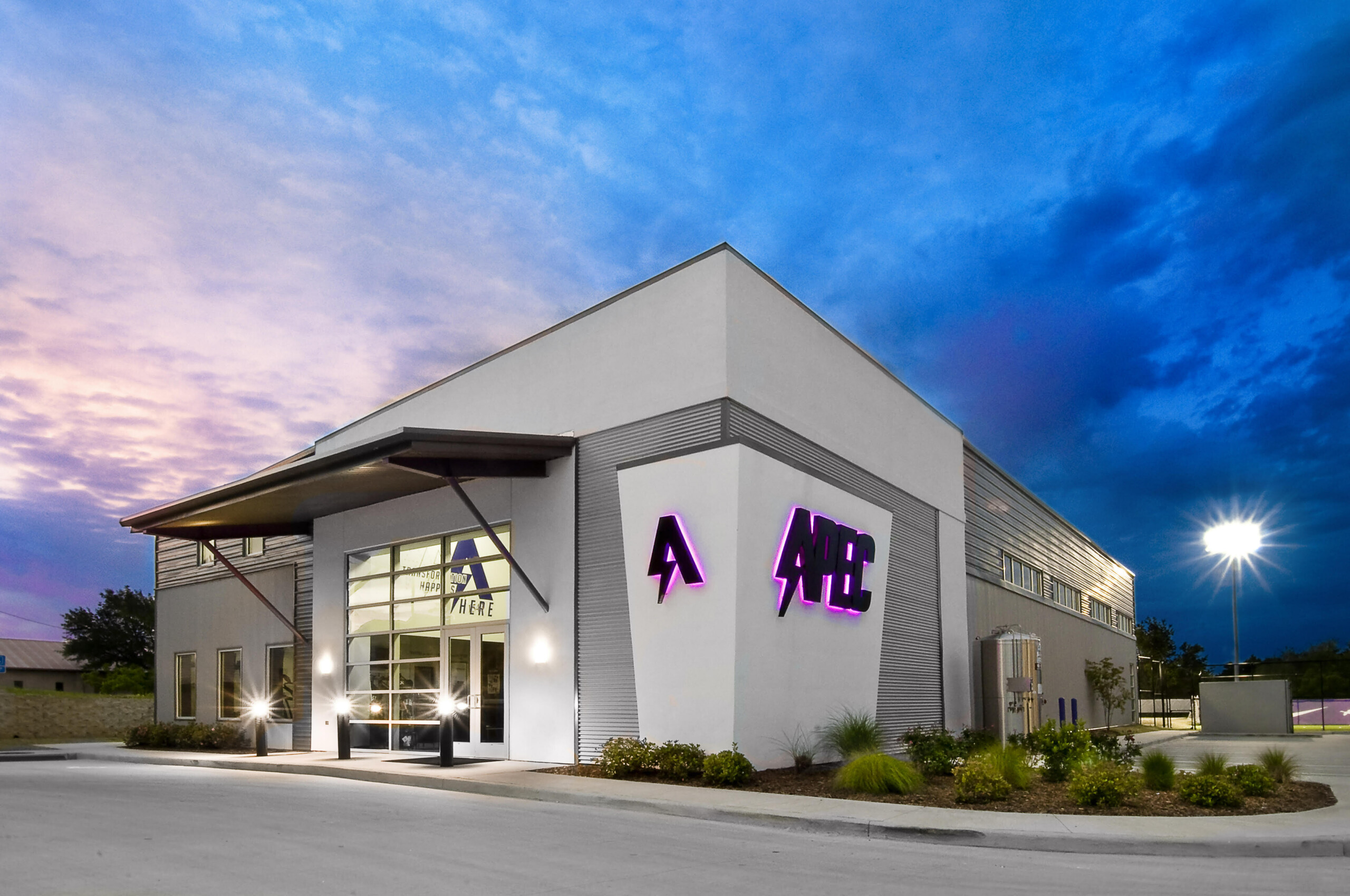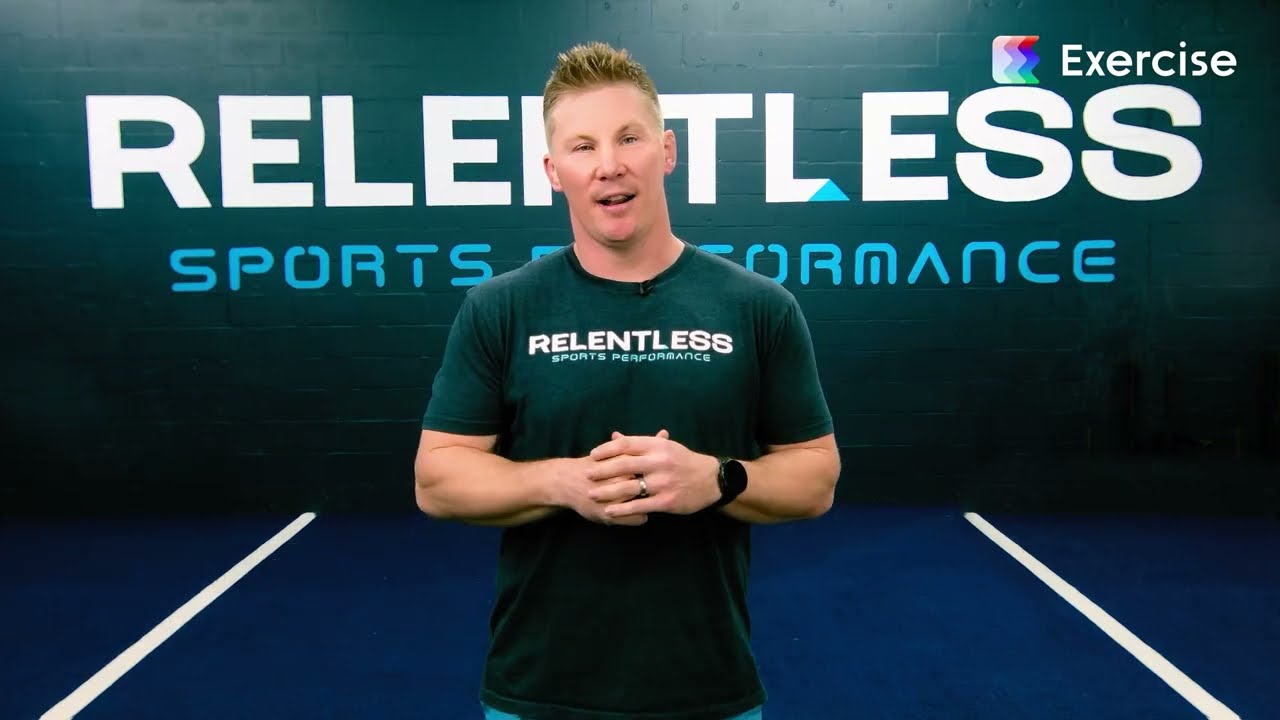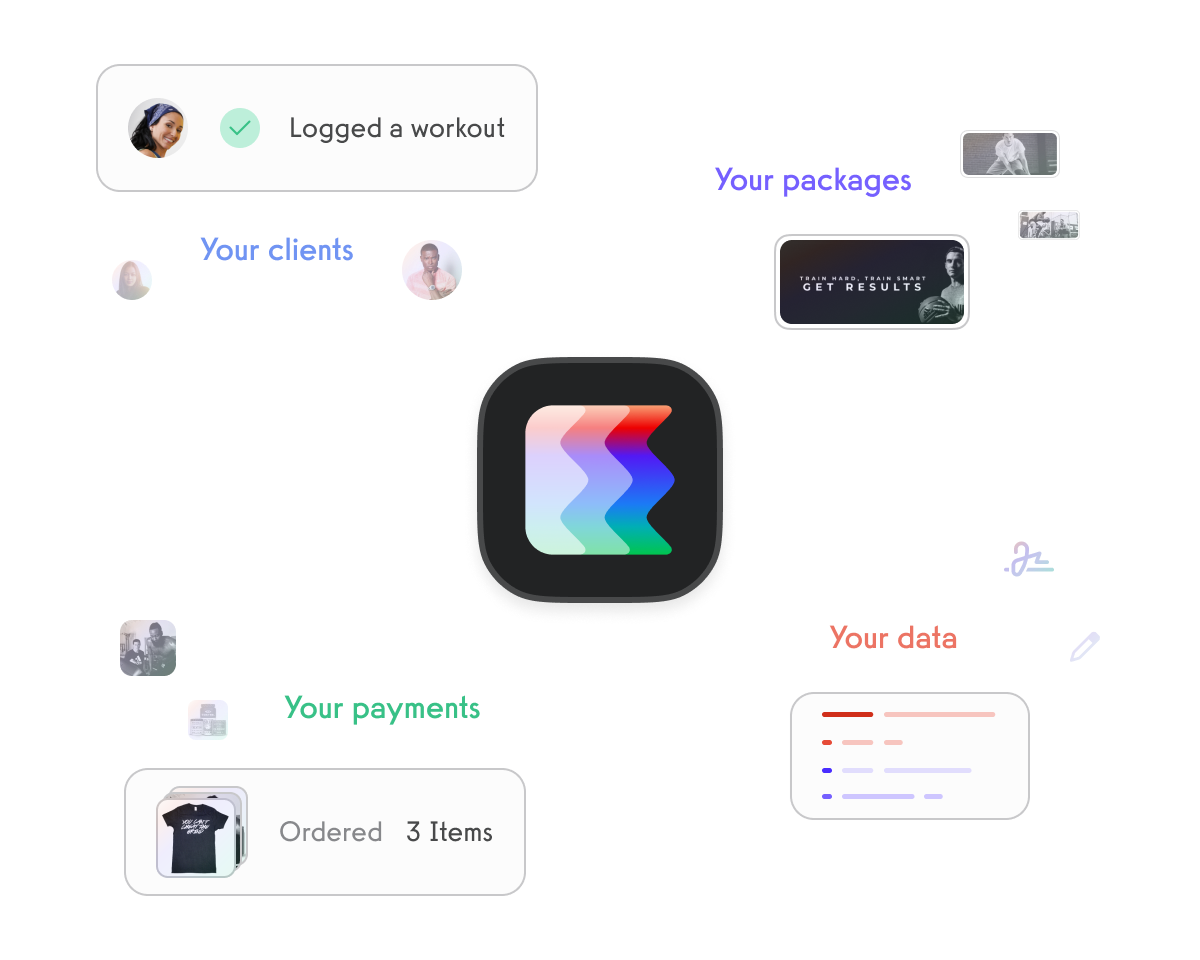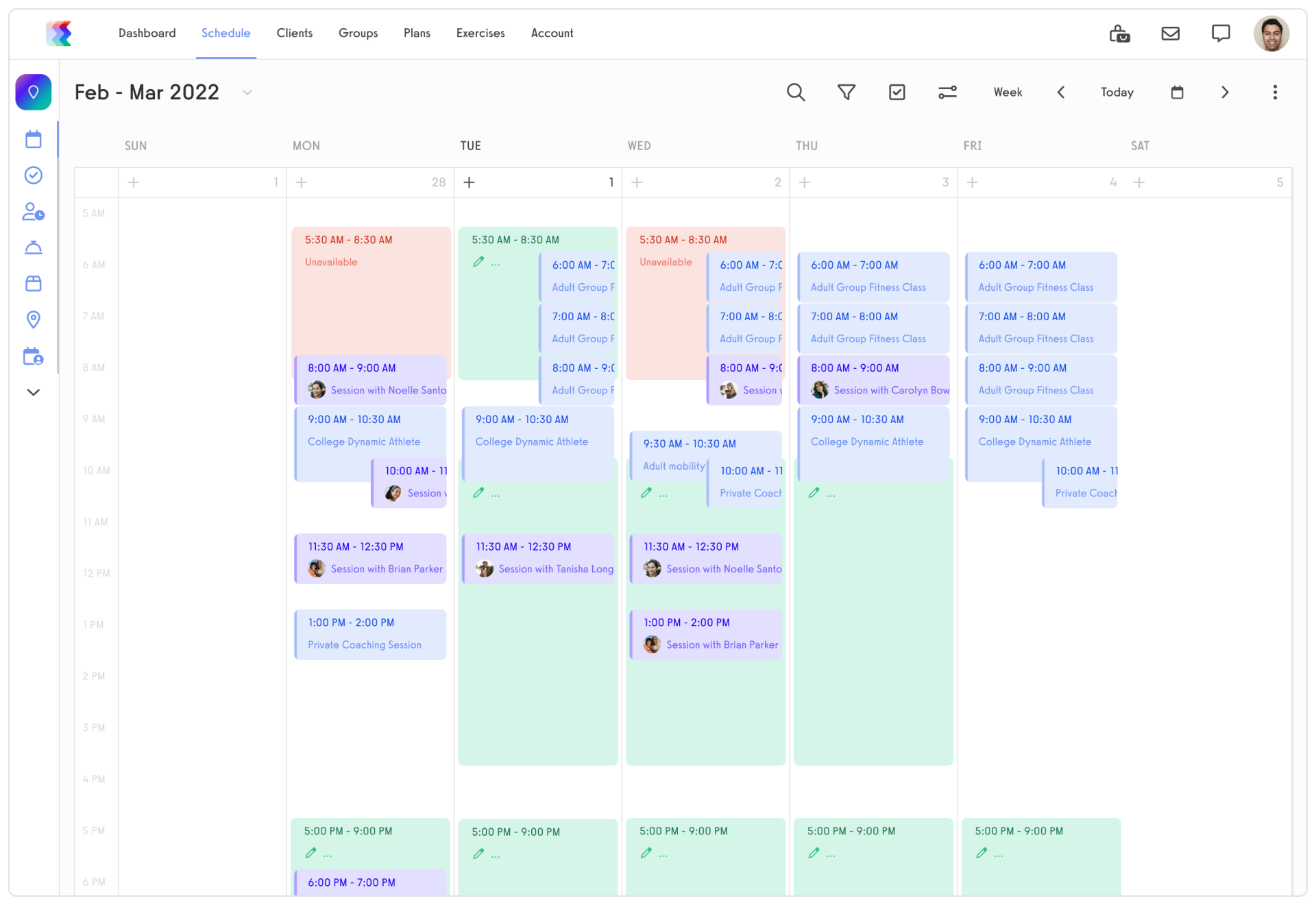Club Administrator vs Fitnet Manager
In the dynamic world of fitness clubs and centers, various roles and responsibilities contribute to the smooth operation of these establishments. Two key positions within this industry are Club Administrators and Fitnet Managers. While they both play crucial roles in managing day-to-day operations, there are distinct differences in their job functions, required skills and qualifications, as well as the challenges they face. In this article, we will delve into the details of each role, highlighting their unique contributions and the importance of effective communication and interpersonal skills.

Understanding the Roles and Responsibilities

Overview of a Club Administrator
Club Administrators are the backbone of fitness clubs, responsible for overseeing administrative tasks and ensuring the efficient functioning of the facility. They handle various administrative and operational duties, including managing membership databases, coordinating schedules, organizing events and programs, and handling customer inquiries and concerns. Club Administrators are typically the go-to person for members when they have questions or need assistance.
Club Administrators play a crucial role in maintaining the smooth operation of the club. They work behind the scenes to ensure that all administrative tasks are handled promptly and efficiently. From managing membership databases to coordinating schedules, their attention to detail is essential in keeping the club running smoothly.
In addition to their administrative responsibilities, Club Administrators also play a vital role in creating a welcoming and inclusive environment for members. They are often the first point of contact for new members, providing them with the necessary information and guidance to navigate the club. Their friendly and approachable demeanor helps create a positive experience for members, making them feel valued and supported.
Moreover, club administrators are often responsible for financial management, handling budgets, tracking revenue and expenses, and ensuring proper billing and collection procedures. They play a critical role in maintaining the financial health of the club, ensuring that resources are allocated appropriately and revenue is maximized. Their expertise in financial management helps the club operate efficiently and sustainably.
Furthermore, Club Administrators collaborate with marketing teams and participate in promotional activities to attract new members and retain existing ones. They work closely with the marketing department to develop strategies that effectively communicate the club’s offerings and benefits to potential members. By actively engaging in marketing initiatives, Club Administrators contribute to the growth and success of the club.
Overview of a Fitnet Manager
Unlike Club Administrators, Fitnet Managers focus primarily on the fitness aspect of the club’s operations. Their main role revolves around managing fitness programs, trainers, and ensuring member satisfaction through delivering quality services. Fitnet Managers supervise fitness trainers, facilitate their training and development, and provide guidance on fitness program design and implementation. They create diverse and engaging workout routines to cater to the needs and preferences of different individuals.
Fitnet Managers are passionate about fitness and are dedicated to helping members achieve their fitness goals. They stay updated with the latest fitness trends and research to ensure that the club offers innovative and effective workout programs. By continuously improving and adapting fitness programs, Fitnet Managers provide members with a dynamic and rewarding fitness experience.
Furthermore, Fitnet Managers closely monitor member satisfaction and take proactive measures to address concerns and improve the overall fitness experience. They understand that member satisfaction is crucial for the success of the club and work diligently to ensure that members are satisfied with the services provided. Fitnet Managers actively seek feedback from members, conducting surveys and collecting data to gain insights into member preferences and needs.
Fitnet Managers use data-driven insights to enhance the effectiveness of fitness programs and maintain high levels of member engagement. By analyzing the data collected, they can identify trends and patterns that help them tailor fitness programs to better meet the needs of members. This data-driven approach ensures that fitness programs are not only enjoyable but also yield the desired results for members.
In conclusion, Club Administrators and Fitnet Managers play integral roles in the smooth operation and success of fitness clubs. While Club Administrators handle administrative tasks and ensure the efficient functioning of the facility, Fitnet Managers focus on managing fitness programs and trainers to deliver quality services and enhance member satisfaction. Together, they create an environment that promotes health, wellness, and member engagement.
Key Differences in Job Functions
When it comes to the operations of a club, there are various job functions that ensure its smooth functioning. Two key roles in this regard are the Club Administrator and the Fitnet Manager. While both positions contribute to the overall success of the club, they have distinct responsibilities that cater to different aspects of its operations.
Administrative Tasks of a Club Administrator
Club Administrators are the backbone of the club’s administrative tasks. They handle a wide range of responsibilities that ensure the efficient operation of the facility. One of their primary tasks is membership management. They are responsible for maintaining accurate membership records, processing new member applications, and addressing any membership-related concerns. Additionally, they play a crucial role in scheduling various club activities, such as classes, events, and facility rentals.
Event coordination is another important aspect of a Club Administrator’s role. They work closely with the event planning team to organize and execute successful events, such as tournaments, social gatherings, and fundraisers. Their attention to detail and organizational skills are vital in ensuring that all events run smoothly and meet the expectations of the club members.
Customer service is also a significant part of a Club Administrator’s job. They serve as the main point of contact for customer inquiries and concerns. Whether it’s addressing membership issues, providing information about club services, or resolving conflicts, Club Administrators must possess excellent communication and problem-solving skills. Their ability to handle customer concerns in a professional and efficient manner contributes to maintaining a positive club atmosphere and ensuring member satisfaction.
Financial management is yet another crucial responsibility of a Club Administrator. They oversee the club’s budgets, revenue tracking, and billing procedures. By closely monitoring the club’s financial performance, they can identify areas for improvement and make informed decisions to maximize revenue and minimize expenses. Their financial acumen and attention to detail help maintain the club’s financial stability and sustainability.
Management Responsibilities of a Fitnet Manager
While Club Administrators focus on the administrative side of the club, Fitnet Managers are responsible for managing the fitness programs and trainers. They play a vital role in ensuring that the club provides high-quality fitness services to its members. One of their primary responsibilities is overseeing the fitness trainers. They recruit, train, and supervise the trainers to ensure they deliver exceptional fitness training to club members.
Fitnet Managers also provide guidance on program design. They stay updated with the latest fitness trends and industry practices to continuously enhance the fitness programs offered by the club. By incorporating new exercises, training techniques, and equipment, they keep the fitness programs fresh and engaging for the members. Their ability to adapt and innovate helps attract new members and retain existing ones.
Creating a safe and inclusive environment for all members is another key responsibility of Fitnet Managers. They ensure that the club’s fitness facilities are well-maintained and equipped with the necessary safety measures. They also promote inclusivity by designing fitness programs that cater to individuals with diverse needs and preferences. Fitnet Managers possess strong leadership and coaching skills, enabling them to effectively guide and motivate their team of trainers to provide personalized attention to each member.
Flexibility is a vital quality for Fitnet Managers as they need to accommodate individual needs and preferences within the framework of the club’s fitness goals. They understand that each member has unique fitness goals and requirements, and they strive to create a supportive environment that encourages members to achieve their desired results. Fitnet Managers are dedicated to helping members lead a healthy and active lifestyle.
In conclusion, both Club Administrators and Fitnet Managers play integral roles in the overall functioning of a club. While Club Administrators handle administrative tasks and ensure the efficient operation of the facility, Fitnet Managers focus on managing fitness programs, trainers, and delivering high-quality services to club members. Together, they contribute to creating a positive and thriving club environment.
Required Skills and Qualifications
Skills and Qualifications for a Club Administrator
Club Administrators must possess a diverse set of skills to effectively handle their range of responsibilities. Strong organizational skills are foundational, as they must manage member databases, schedules, and coordinate various events. Attention to detail is essential for accurately handling financial management tasks such as budgeting and revenue tracking.
Moreover, Club Administrators should have a deep understanding of membership dynamics and be able to analyze membership trends to develop strategies for attracting and retaining members. They should also be skilled in creating and implementing marketing campaigns to promote the club and its services.
Additionally, excellent communication and interpersonal skills are crucial for addressing member inquiries and concerns, collaborating with staff, and engaging in promotional activities. Club Administrators should also be proficient in using relevant software and technology, such as membership management systems and financial software.
Furthermore, a strong ability to multitask and prioritize is essential in order to handle the diverse demands of the role. Club Administrators must be able to effectively manage their time and resources to ensure smooth operations and member satisfaction.
Skills and Qualifications for a Fitnet Manager
Fitnet Managers need a combination of fitness expertise and leadership skills to excel in their role. They should possess a deep understanding of fitness principles and program design, along with the ability to develop engaging and effective workout routines. Strong coaching and leadership skills are essential for guiding and motivating fitness trainers to deliver exceptional services.
In addition to fitness knowledge, Fitnet Managers should also have a solid understanding of nutrition and be able to provide guidance and support to members in their wellness journey. They should be able to create personalized nutrition plans and advise on healthy eating habits.
Moreover, Fitnet Managers should be adept at data analysis and using technology to track member satisfaction and monitor the effectiveness of fitness programs. They should be able to interpret data and make informed decisions to continuously improve the quality of services offered.
Flexibility, adaptability, and a passion for inspiring individuals to achieve their fitness goals are qualities that make for successful Fitnet Managers. They should be able to adapt workout programs to meet the specific needs and goals of each member, providing a personalized and effective fitness experience.
Furthermore, Fitnet Managers should have excellent communication and interpersonal skills to effectively interact with members and create a positive and motivating environment. They should be able to build strong relationships with members, providing support and encouragement throughout their fitness journey.
Challenges Faced in Each Role
Common Challenges for Club Administrators
Club Administrators often face challenges related to managing multiple tasks and ensuring efficient communication. Juggling administrative responsibilities while handling member inquiries and concerns can sometimes be overwhelming. Additionally, financial management tasks require accuracy and attention to detail to ensure the club remains financially stable.
Another common challenge for Club Administrators is maintaining member satisfaction and addressing customer concerns effectively. Providing exceptional service to a diverse range of members with varying needs and expectations can be demanding. However, overcoming these challenges leads to a more harmonious and successful club environment.
Common Challenges for Fitnet Managers
Fitnet Managers encounter unique challenges in their role, mostly related to program design and member satisfaction. Designing fitness programs that cater to individuals with varying fitness levels and goals can be complex. Additionally, ensuring that trainers deliver consistent and high-quality services to members requires ongoing supervision and support.
Another challenge for Fitnet Managers is staying updated with the latest fitness trends and adjusting programs accordingly. The fitness industry is ever-evolving, and Fitnet Managers must stay informed to offer innovative and effective workouts. Maintaining member engagement and motivation despite individual challenges and fluctuations is crucial to achieving long-term fitness success.
Importance of Communication and Interpersonal Skills
Communication Skills for Club Administrators
Effective communication skills are paramount for Club Administrators due to their constant interaction with members, staff, and external stakeholders. Clear and prompt communication ensures smooth operations and member satisfaction. Active listening skills enable Club Administrators to understand member concerns and address them appropriately. Club Administrators must also be skilled in conflict resolution to handle any disputes or disagreements that may arise within the club environment.
Interpersonal Skills for Fitnet Managers
Fitnet Managers rely on strong interpersonal skills to form positive relationships with trainers and members. Building meaningful connections fosters a collaborative and engaged fitness community. Fitnet Managers should effectively communicate expectations and provide constructive feedback to trainers to ensure consistent service quality. Additionally, they must be approachable and empathetic, creating an inclusive environment where members feel comfortable expressing their needs and concerns.
In conclusion, Club Administrators and Fitnet Managers play crucial roles in the success of fitness clubs. While Club Administrators focus on administrative tasks and financial management, Fitnet Managers specialize in fitness programs and member satisfaction. Both positions require specific skills and qualifications, along with effective communication and interpersonal skills to navigate challenges and maintain high standards. By understanding the unique contributions and responsibilities of each role, fitness clubs can create a harmonious and fulfilling experience for both staff and members.














